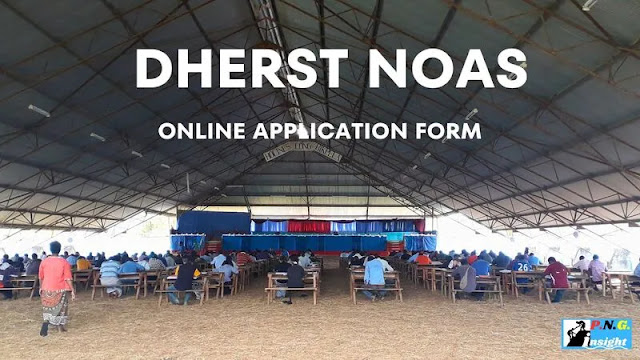Executive Summary:
In his address to the National Parliament on the 1st of August, 2023, the Papua New Guinea Education Minister highlighted the significant achievements, challenges, and policy interventions undertaken by the Department of Education in the 2022 Academic Year.
The minister expressed gratitude to the Marape-Rosso government and various stakeholders for their unwavering support and outlined six critical areas, including the successful transition to the standard-based curriculum, strategic reforms in education, the establishment of Schools of Excellence, decentralisation initiatives, the effective implementation of tuition fee subsidies, and efforts to address infrastructure needs.
He emphasised the government's commitment to ensuring no child is left behind and underscored the pivotal role of education in nation-building. The comprehensive report, spanning 122 pages, provides valuable insights into the department's endeavours and sets the stage for continued collaboration and support in the academic year 2023.
See the budget breakdown for education here.
Minister's Statement:
Thank you, Mr. Speaker. I am grateful for the opportunity to present the annual report of the Department of Education for the year 2022. I would like to express my appreciation to the honourable members of parliament for granting me leave to make this statement in connection with the reports.
Mr. Speaker, education holds a paramount place in our society, and it is with great honour that I present the 2022 annual report for the Department of Education to the National Parliament. Our department has consistently presented its annual report to this esteemed house, underscoring the significance of education for every citizen.
Before delving into the highlights of the report, I would like to extend, on behalf of the 2.3 million children and numerous parents, our sincere gratitude to the Marape-Rosso government. Despite the economic challenges facing our nation, the government has accorded the highest priority to education. I would also like to acknowledge the unwavering support of every governor and Member of Parliament in advancing the cause of education.
Mr. Speaker, education is the key that unlocks knowledge, talent, skills, and development, fostering prosperity for a nation. It is the common denominator, the foundation upon which societies and nations are built. Therefore, it is our duty to ensure that no child is left behind, irrespective of space, gender, religion, ethnicity, or disability. Every child has the right to education from elementary to grade 12, and we are obligated to provide that.
The Department's 2022 annual report, a comprehensive document spanning 122 pages, offers insights into the performances, achievements, and challenges encountered while implementing policies during the 2022 Academic Year. I urge every minister to peruse the report at their convenience.
In the interest of time, I will highlight six critical policies, achievements, and challenges outlined in the report:
- 1. Successful transition from the outcome-based curriculum to the standard-based curriculum (SBC), with the completion of the phasing-in of SBC into the education system in 2022. The development phase of the SBC syllabus and teacher guides for all subjects and grades is also complete.
- 2. Significant progress in the five-year strategic plan for education reform and expansion, with notable increases in enrollments, particularly in secondary schools.
- 3. Establishment of Schools of Excellence to cater to highly talented students, with a focus on STEM education. A total of 220 STEM students graduated in 2022.
- 4. Decentralisation of functions and activities to provincial governments, including education laws, payroll, and salary management.
- 5. Successful government tuition fee subsidy implementation, with a total disbursement of 792 million Kina in 2022.
- 6. Addressing infrastructure needs and responsibilities at various school levels, emphasising the need for clarity in roles and responsibilities.
In conclusion, I express gratitude to the Marape-Rosso government, members of parliament, governors, partners, stakeholders, and the dedicated team at the Department of Education. Your continued support ensures the success of the education sector. I look forward to ongoing collaboration in the academic year 2023. May God bless you all, and thank you for your attention to government business.
Final remarks:
In closing, the Minister's talk about the Department of Education's yearly report for 2022 highlights how important education is for our country to grow. The report talks about what went well, what challenges were faced, and the plans made to make sure every child gets a good education.
The Minister said thank you to the government, members of parliament, governors, partners, and everyone in the education team for working together to make education better.




